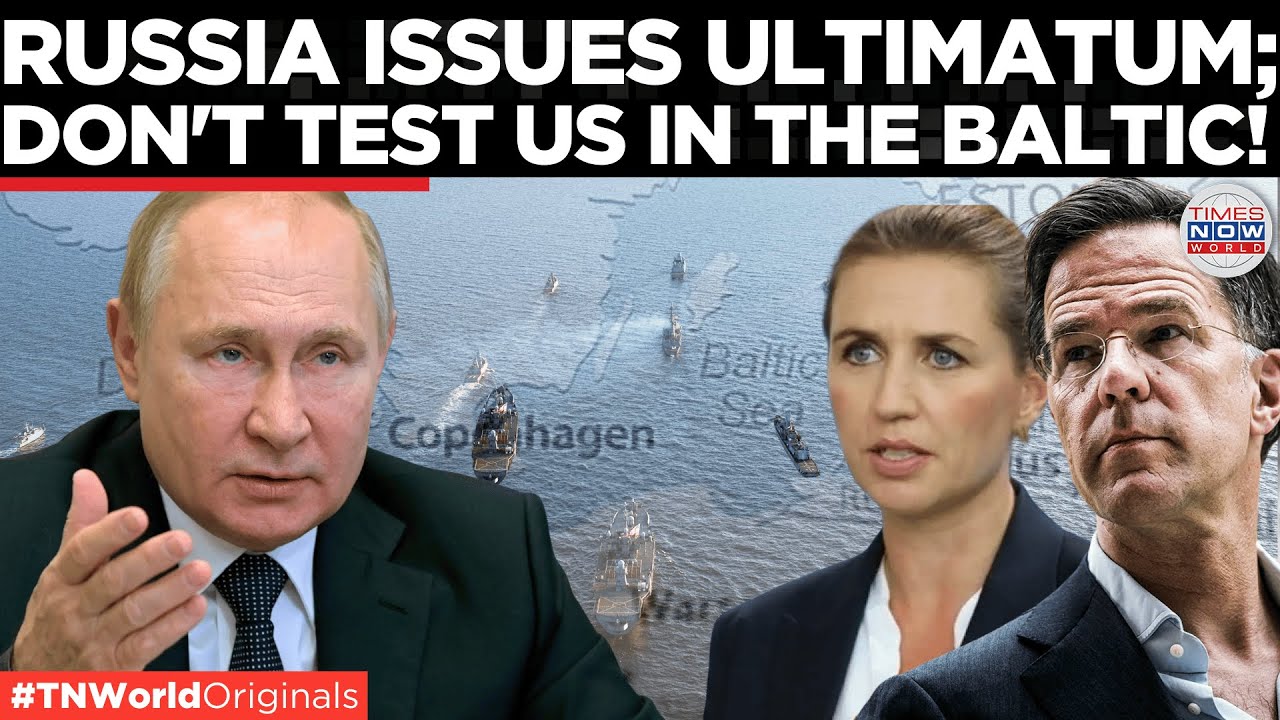A suspected “shadow fleet” oil tanker seized in Estonian waters earlier this month was cleared to continue its journey on Saturday after fixing dozens of “deficiencies.”
Estonia releases detained ‘shadow fleet’ vessel
added 30/04/25
The shadow fleet tanker Kiwala, previously detained in Estonia, has been released after local authorities confirmed it achieved technical compliance. The vessel, associated with sanctions and suspected of flag irregularities, resumed its voyage over the weekend and is now en route to the Russian port of Ust-Luga.
The 115,577 dwt tanker was intercepted on April 10 while transiting the Baltic Sea. A Port State Control inspection raised concerns over 40 deficiencies, including critical documentation gaps, unclear flag registration, and safety management failures. Twenty-nine of these issues constituted grounds for detention.
Kiwala claimed Djibouti as its flag state, but Estonian officials discovered the registration had been withdrawn earlier in the year. However, Djibouti later issued a transitional acceptance letter valid until May 7, allowing Estonia to lift the detention order. A reinspection and classification audit confirmed that technical deficiencies had been corrected.
Despite being sanctioned by the EU, UK, Canada, and Switzerland, the vessel was cleared to depart. Estonian officials noted that the Chinese master and multinational crew had cooperated throughout the process
Interesting 2 podcasts pertaining to freedom of navigation .
" The world economy is still globalised, at least for the moment.
But superpower rivalry and the decay of global rules and norms mean that geopolitical tensions are deepening and global maritime trade is being caught in the crossfire, both literally and figuratively.
Some of this is happening in plain sight. In the Red Sea, the Houthis redirected maritime trade and the combined naval forces of Europe, the US, UK and Israel were unable to convince the majority of global shipping that freedom of navigation had been maintained.
In the Baltic, coastal states are publicly threatening to detain ships considered to be an environmental or security threat as a shadow-war of pipeline and cable sabotage plays out beneath the waves.
Strategic choke points from the Arctic to the Panama Canal are subject to daily diplomatic spats, and harassment of merchant shipping in the Taiwan Strait, the Black Sea and the South China Sea is now considered so routine that incidents are barely reported.
Behind closed doors, meanwhile, a legal and diplomatic war is being waged to redefine the very concept of international rules that allow ships to trade internationally. Trade lanes on the oceans are a contested zone for the first time since the Cold War.
The very concept of freedom of navigation — a legal principle that states that ships from any country have the right to sail freely in international waters — is under attack.
Over the course of a special two-part podcast Lloyd’s List editor-in-chief Richard Meade takes a wider look at what this means for shipping.
Is freedom of navigation, a fundamental principle of the law of the sea and a pillar of modern international law, something we have just quietly given up on?
Featuring:
Dominick Donald, geopolitical risk analyst and adviser to the joint war risks committee at Lloyd’s
Ian Ralby, chief executive of consultancy IR Consilium
Kristina Siig, Professor of Maritime Law and Law of the Sea, University of Southern Denmark. Professor II of Maritime Law, Scandinavian Institute of Maritime Law, University of Oslo, Norway "
" Freedom of navigation — the legal principle that states ships from any country have the right to sail freely in international waters — is under attack.
It has been for some time.
But a confluence of geopolitical shifts, security threats and an accelerating frequency of legal assaults are finally starting to erode a fundamental principle of the law of the sea and a pillar of modern international law.
For the first time since the Cold War, maritime trade lanes have become contested zones and the rules-based order that shipping has previously relied on to protect it has started to disintegrate.
And that threat is coming from multiple different vectors.
A good starting point for that is what’s happening in the Baltic right now.
What Denmark and the Nordic-Baltic states have said is that they would take “coordinated steps to disrupt and deter Russia’s shadow fleet”. While the language is deliberately vague, this amounts to politely requesting details of suspect ships’ insurance. If they don’t comply they risk being sanctioned, but so far none of the states are suggesting they will go further than that. For now.
Geopolitical tensions are deepening and global maritime trade is being caught in the crossfire, both literally and figuratively. Trade lanes on the oceans are contested zones for the first time since the Cold War.
The question is whether there is sufficient energy left amongst those backing the crumbling rules-based order to defend it. "
![]() . Love You for that video
. Love You for that video ![]()
![]()


